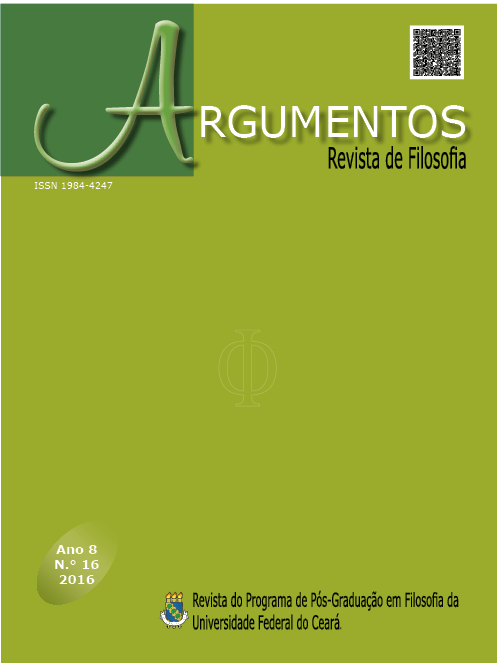Corruption between being and ought to be
Keywords:
Right. Morality. Ethics.Abstract
Corruption is not a modern phenomenon but it has always been present in the human history. So, it is not a natural phenomenon but a historical one whosecauses can be attributed to individuals as much as to political and social organizations. There is a great agreement among specialists and non-specialists about the damages and the losses that result of the practice of corruption. A common question among the ones that want to do something in order to get away with such behavior is to find the most effective way of doing it. Would there be these means? In order to give some insight for possible attitudes and plans it was asked to four philosophers, tree Germans and one Italian, if it would be viable an effective combat to corruption and what could be done. From the point of view of the researcher’s common European situation and the cultural difference between two countries, it could be noticed that a solution can only go through the guiding element of the economic-social-political organization that show off corruption and its evils in the forms of privileges, marginalization and extreme poverty. More than affecting individuals, corruption strikes much more and always the collective causing abasement mainly among the least favored.Downloads
Published
Issue
Section
License
Argumentos magazine is licensed under an International Creative Commons Attribution License.
The Magazine uses CC BY inclusion
1) The authors retain the copyright granted to the magazine or the right to initial publication, with the work regularly licensed under the Creative Commons Attribution, which allows the sharing of the work with acknowledgment of authorship and initial publication in this magazine.
2) The authors are authorized to contract additional applicable contracts, for non-exclusive distribution of the version of the work published in this journal (for example, publication in the institutional repository or as a chapter of the book), recognition of authorship and initial publication in this journal.
3) Authors are authorized and encourage to publish and distribute their work online (for example, in institutional repositories or on their personal pages) at any time before or during the editorial process, as they can generate productive changes, as well as increase the impact and reference of published work.




.jpg)










._._3.png)
1.jpg)
._._._.png)
